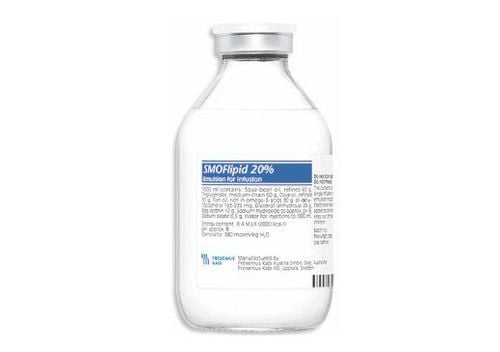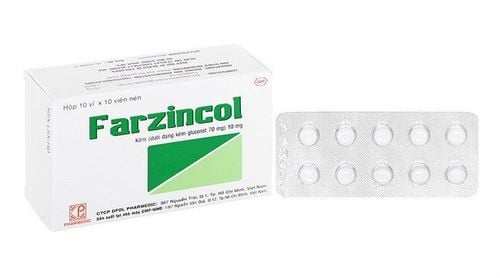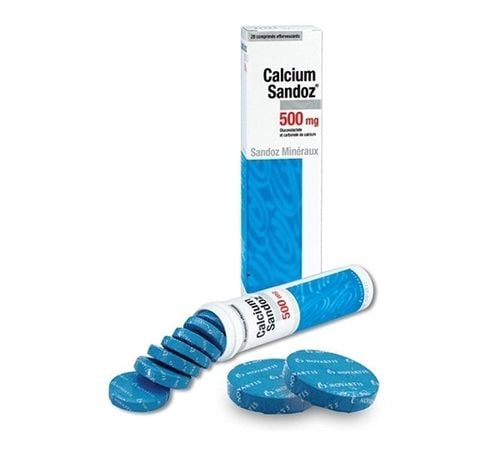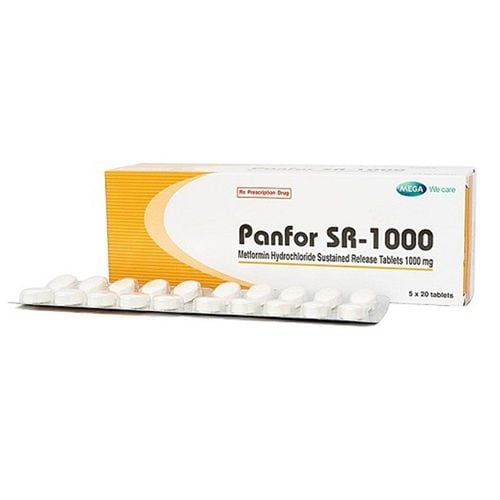This is an automatically translated article.
Zinc is an extremely important substance in the human body, especially women and children. These are also two subjects at high risk of zinc deficiency.1. The role of zinc in the body
Zinc is known as an essential trace mineral. Zinc participates in the activity of enzymes, cell division and body development, participates in immune function, regulates taste and appetite.
When zinc deficiency, the ability to divide cells will slow down, seriously affecting the growth and development of the body. Many studies also show that zinc supplementation also improves height in short children or rapid weight gain in malnourished children.
Zinc deficiency will adversely affect the development and function of most immune cells, making the body susceptible to bacterial infections, increasing the risk of acute diarrhea, respiratory infections, malaria... Zinc deficiency also adversely affects mental health, it makes you irritable.
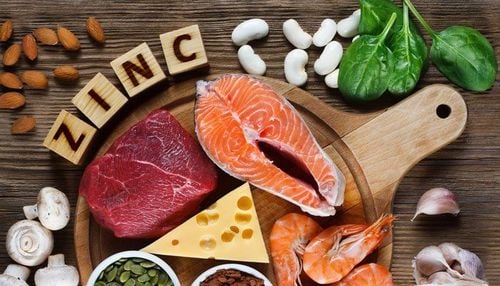
Kẽm là một chất vô cùng quan trọng trong cơ thể con người
2. Zinc deficiency in children
The daily diet of Vietnamese people today often lacks zinc-rich foods as well as poor quality of meals, lack of food of animal origin.
Especially for children who are often anorexic, even, their diets are not rich, the way of processing food is not reasonable, causing loss of zinc content in food.
In addition, children often have infections (coughs, respiratory infections, diarrhea...) must use a lot of antibiotics, leading to a decrease in zinc content in the child's body...
With growth In children, zinc participates in many metabolic processes in the body because zinc participates in the composition of over 300 different enzymes. Although this is an important micronutrient, it is easy to be deficient because mothers often pay little attention to this micronutrient.
In addition, zinc is also associated with sleep disturbances in children, adversely affecting mental well-being, making them irritable.
Some common signs of zinc deficiency are:
Children often have recurrent infections, digestive disorders, loss of appetite, vomiting, sleep disorders, not sleeping well, or crying at night. Zinc deficiency also causes hair loss, skin and eye damage, and growth retardation. Preventive and therapeutic measures to help prevent zinc deficiency include:
Immunization on schedule for children to prevent infections such as measles, diphtheria, pertussis, tetanus, tuberculosis, polio, inflammation hepatitis B, Japanese encephalitis B at medical facilities. Periodic deworming for children 2 years and older, every 6 months. Training and enhancing knowledge and skills in caring for sick children. Monitor growth and development for children.

Thiếu kẽm ở trẻ gây hiện tượng rụng tóc
3. Zinc deficiency in postpartum mothers
Zinc content in breast milk is relatively low, so although the absorption rate of zinc from breast milk is quite high (about 60%), it can only ensure 10% -30% of the baby's zinc needs.
Because the body cannot produce this important nutrient on its own and has no place to store it, it is important to eat plenty of zinc-rich foods every day.
Breastfeeding mothers need adequate zinc supplements because most mothers will be zinc deficient during pregnancy.
Zinc deficiency during pregnancy will lead to severe morning sickness, severe vomiting, loss of appetite. After giving birth, the mother lacks zinc, making it difficult for the wound to heal.
Therefore, mothers need to supplement zinc from foods of animal origin such as mussels, clams, oysters, oysters; abundant in lean red meat (pork, beef, lamb), milk, eggs, whole grains, pumpkin seeds, cashews and legumes. Preliminarily processed cereals, white rice, and fatty meat contain moderate amounts of zinc. Fish, vegetables, green leafy vegetables and fruits also contain zinc but little.
Plant-based foods are often low in zinc and have low biological value because they are difficult to absorb.
Please dial HOTLINE for more information or register for an appointment HERE. Download MyVinmec app to make appointments faster and to manage your bookings easily.






